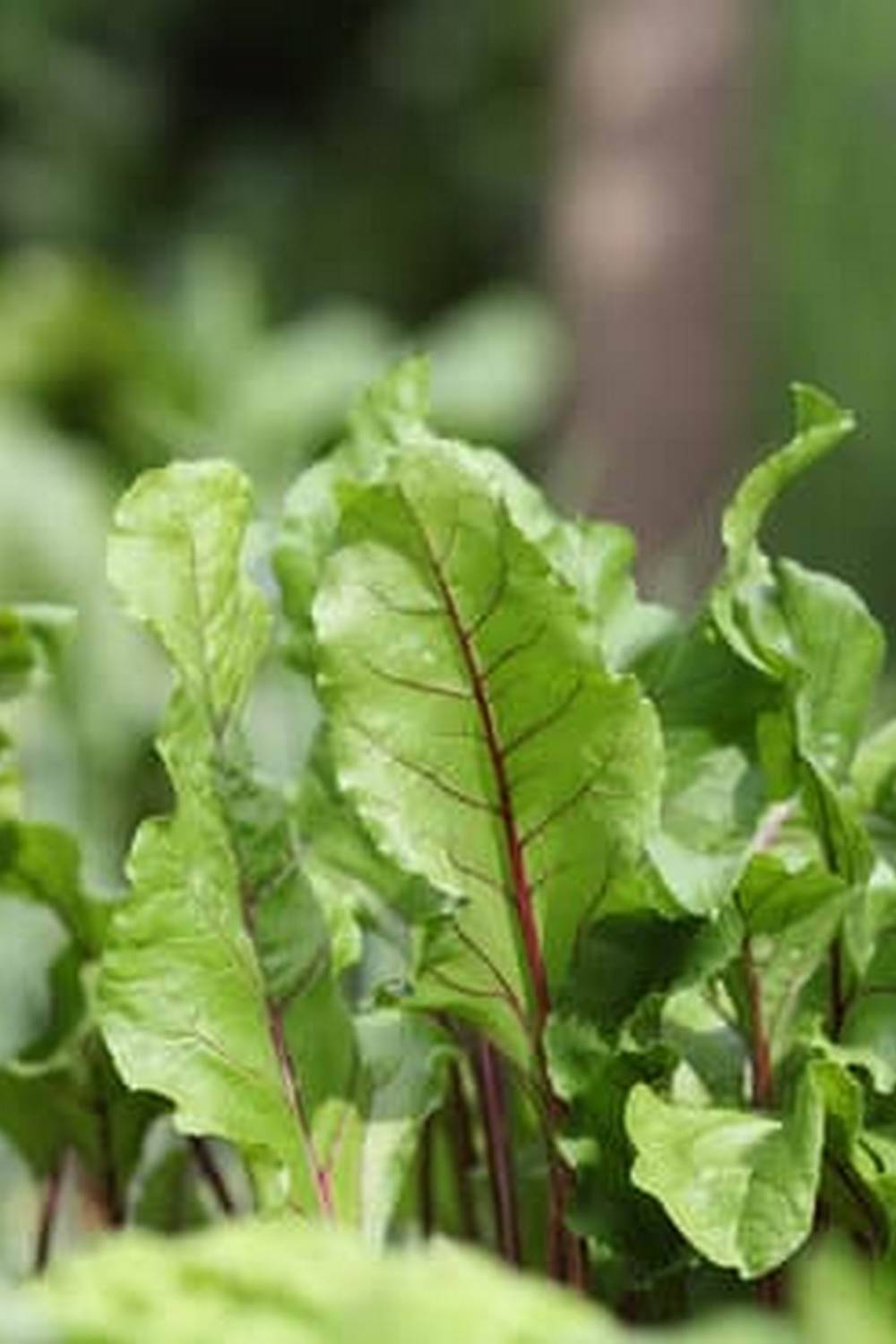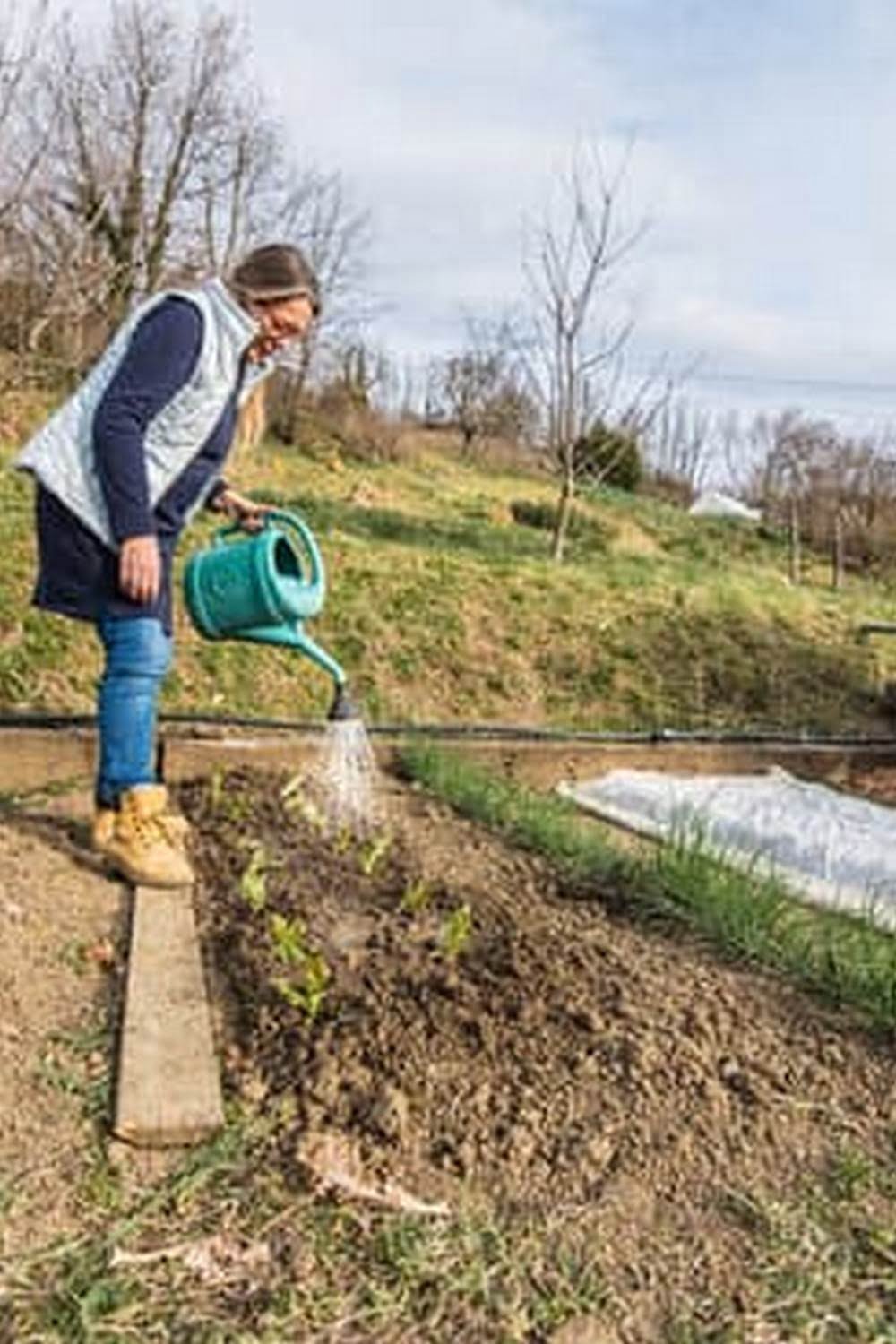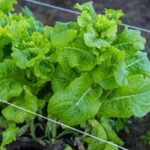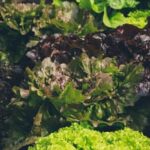Are you looking for the best organic mulch for vegetable gardens? Organic mulch is a crucial component of successful vegetable gardening, providing numerous benefits to the soil and plants.
In this article, we will explore the importance of organic mulch, the criteria for choosing the best options, and the top 5 organic mulch options for vegetable gardens. Whether you are a seasoned gardener or just starting out, finding the right organic mulch can make a significant difference in your garden’s success.
Organic mulch serves as a protective layer over the soil, helping to retain moisture, suppress weeds, and improve soil fertility. It also adds essential nutrients to the soil as it decomposes, promoting healthy plant growth.
Choosing the best organic mulch for your vegetable garden is crucial in reaping these benefits and ensuring a bountiful harvest. From understanding the different types of organic mulch available to learning how to apply and maintain it, this article will guide you through everything you need to know about using organic mulch in your vegetable garden.
By understanding the criteria for selecting high-quality organic mulch and exploring various options, you can make an informed decision that suits your specific gardening needs. Additionally, we will provide practical tips on how to apply and maintain organic mulch in your vegetable garden to maximize its effectiveness. Let’s delve into the world of organic mulch and discover how it can transform your vegetable garden into a thriving oasis of fresh produce.
Benefits of Using Organic Mulch in Vegetable Gardens
When it comes to keeping your vegetable garden healthy and thriving, using organic mulch is a game changer. There are several key benefits to using organic mulch in vegetable gardens that can help improve the overall health of your plants, suppress weeds, retain moisture, and enhance soil fertility.
One of the main benefits of using organic mulch in vegetable gardens is its ability to suppress weed growth. By laying down a layer of organic mulch, you can prevent sunlight from reaching the soil, which inhibits weed seed germination and effectively reduces weed growth. This not only saves you time and effort spent on weeding but also ensures that your vegetables have less competition for nutrients and water.
In addition to weed suppression, organic mulch also helps retain moisture in the soil by reducing evaporation. This is especially important during dry periods or hot weather when the soil tends to dry out quickly. By retaining moisture, organic mulch creates a more stable environment for plant roots, ultimately leading to healthier and more vigorous growth.
Furthermore, organic mulch gradually breaks down over time, adding valuable nutrients to the soil as it decomposes. As it decomposes, it enriches the soil with essential organic matter, improving its structure and fertility. This natural process helps create a healthier and more sustainable growing environment for your vegetable garden. Overall, choosing the best organic mulch for vegetable gardens can result in healthier plants, improved soil quality, and reduced maintenance for an abundant harvest.
- Straw
- Wood chips
- Compost
- Grass clippings
- Shredded leaves
Criteria for Choosing the Best Organic Mulch for Vegetable Gardens
Organic mulch is an essential component for maintaining a healthy vegetable garden. When selecting the best organic mulch for your vegetable garden, it is important to consider several criteria to ensure optimal growth and production. One of the key factors to consider is the type of material used, as different organic mulches have varying benefits and drawbacks.
The best organic mulch for vegetable gardens should be able to retain moisture effectively, suppress weed growth, and improve soil quality as it decomposes. Additionally, it should be readily available and affordable. Some popular options for organic mulch include straw, grass clippings, shredded leaves, wood chips, and compost.
Another important criterion to consider when choosing organic mulch for vegetable gardens is the climate and environment in which you are gardening. For example, in hot and dry climates, a heavier mulch like wood chips may be more beneficial as it will retain moisture better than lighter materials such as straw or grass clippings.
Lastly, it’s essential to ensure that the organic mulch you select will not introduce any harmful chemicals or diseases to your vegetable garden. Using natural and untreated materials is crucial for the health of your plants and the safety of your produce.
To help you make an informed decision on which organic mulch to use in your vegetable garden, we have compiled a list of the top 5 best options based on their effectiveness in meeting these criteria.
| Organic Mulch Type | Main Benefits |
|---|---|
| Straw | Effective weed suppression and moisture retention |
| Grass Clippings | Nutrient-rich source with excellent moisture retention |
| Shredded Leaves | Improves soil quality as it breaks down and provides insulation for plant roots |
| Wood Chips | Durable option that enhances soil fertility as it decomposes slowly |
Types of Organic Mulch for Vegetable Gardens
Organic mulch is an essential component of any vegetable garden, providing numerous benefits such as moisture retention, weed suppression, and soil insulation. When it comes to choosing the best organic mulch for vegetable gardens, there are several important criteria to consider. The ideal organic mulch should be nutrient-rich, have good water retention properties, and be readily available in your area.
There are various types of organic mulch to choose from when it comes to vegetable gardens. Some of the most popular options include straw, compost, shredded leaves, grass clippings, and wood chips. Each type of mulch offers its own unique set of benefits and drawbacks, so it’s important to consider your specific gardening needs before making a choice.
One of the best organic mulch options for vegetable gardens is compost. Compost not only helps to retain moisture in the soil but also adds valuable nutrients as it breaks down. Another top choice is straw, which is effective at suppressing weeds and insulating the soil.
Shredded leaves are also a great option as they break down easily and help improve soil structure over time. Ultimately, the best organic mulch for your vegetable garden will depend on factors such as availability, cost-effectiveness, and the specific needs of your plants.
| Types of Organic Mulch | Benefits |
|---|---|
| Compost | Retains moisture, adds nutrients |
| Straw | Suppresses weeds, insulates soil |
| Shredded Leaves | Improves soil structure |
Top 5 Best Organic Mulch Options for Vegetable Gardens
When it comes to choosing the best organic mulch for vegetable gardens, there are several options to consider. Organic mulch not only helps retain moisture and suppress weeds in vegetable gardens but also adds valuable nutrients to the soil as it breaks down. Below are the top 5 best organic mulch options for vegetable gardens:
1. Straw: Straw is a popular choice for organic mulch in vegetable gardens because of its ability to suppress weeds, retain moisture, and protect vegetables from direct contact with the soil. It also breaks down slowly, adding valuable organic matter to the soil.
2. Grass Clippings: Grass clippings make an excellent organic mulch for vegetable gardens as they are readily available and rich in nitrogen. However, it’s important to use grass clippings that have not been treated with herbicides or pesticides to avoid any harmful chemicals leaching into the soil.
3. Compost: Compost is a fantastic option for organic mulch in vegetable gardens as it is rich in nutrients and improves soil structure. It helps to regulate soil temperature, retain moisture, and suppress weeds while providing essential nutrients for healthy plant growth.
4. Wood Chips: Wood chips are an excellent long-lasting organic mulch option for vegetable gardens. They help retain moisture, suppress weeds, and gradually break down, adding valuable organic matter to the soil.
5. Leaves: Using shredded leaves as organic mulch in vegetable gardens is a cost-effective way to add nutrients and improve soil structure while suppressing weeds and retaining moisture.
When choosing the best organic mulch for your vegetable garden, consider the specific needs of your plants, climate, and local availability of materials. Experimenting with different types of organic mulch can help you find the best option for your unique garden environment. Regardless of which type you choose, using organic mulch is a sustainable way to improve your garden’s health and productivity while reducing your environmental impact.
How to Apply Organic Mulch in Vegetable Gardens
Applying organic mulch in vegetable gardens is an important step in maintaining the health and productivity of the plants. With the right application, organic mulch can help conserve moisture, suppress weeds, regulate soil temperature, and contribute to overall soil health. Here are some guidelines for applying organic mulch effectively in your vegetable garden.
Preparing the Soil
Before applying organic mulch, it’s essential to prepare the soil properly. Clear the area of any existing weeds and debris. Loosen the soil with a garden fork or rake to ensure that it is not compacted. This will allow for better water and air circulation around the plants’ root systems.
Choosing the Right Mulch
When selecting the best organic mulch for vegetable gardens, consider factors such as availability, cost, and how well it will decompose. Popular options include straw, shredded leaves, grass clippings, compost, and wood chips. Each type of mulch has its own benefits and drawbacks in terms of nutrient content, appearance, availability, and decomposition rate.
Applying the Mulch
Once you have chosen your preferred organic mulch, apply a layer of 2-4 inches thick around your vegetable plants. Be sure to leave several inches of space between the base of each plant and where the mulch begins; this helps prevent excess moisture at ground level which can lead to rot or disease.
Additionally, avoid piling up too much mulch against plant stems as this can invite pests or disease. Ensure even coverage throughout your garden to reap maximum benefits from your chosen mulch.
By following these guidelines for applying organic mulch in vegetable gardens, you can help create an optimal growing environment for your vegetables while reducing maintenance needs and conserving water – ultimately leading to a more successful harvest.
Maintaining Organic Mulch in Vegetable Gardens
Regular Inspection and Maintenance
Once you have applied organic mulch to your vegetable garden, it is important to regularly inspect and maintain it. This includes checking for any signs of decomposition, mold, or pests that may have made their home within the mulch. By keeping a close eye on the mulch, you can address any issues before they have a chance to negatively impact your garden.
Watering and Aerating
Proper moisture levels are essential for maintaining organic mulch in vegetable gardens. Depending on the type of mulch you are using, you may need to water it occasionally to prevent it from drying out. Additionally, aerating the mulch by turning it over with a rake can help prevent the formation of mold and allow for better air circulation.
Adding More Mulch as Needed
Over time, organic mulch will break down and decompose, which means you may need to add more mulch to your vegetable garden. This is especially important during the growing season when the soil needs extra protection and nutrients. By regularly topping up your mulch, you can ensure that your vegetable plants continue to thrive.
By diligently maintaining the best organic mulch for vegetable gardens, you can reap all of its benefits without having to worry about any potential drawbacks. With proper care and attention, organic mulch can greatly contribute to the success of your vegetable garden.
Conclusion
In conclusion, the use of organic mulch in vegetable gardens offers numerous benefits, including moisture retention, weed suppression, and soil improvement. Choosing the best organic mulch for vegetable gardens is crucial in ensuring the overall health and productivity of the plants. It is essential to consider factors such as the type of vegetable crops, local climate conditions, and availability when selecting the most suitable organic mulch.
When it comes to selecting the best organic mulch for vegetable gardens, there are several options to choose from, including straw, grass clippings, shredded leaves, compost, and wood chips. Each type of organic mulch offers unique advantages and considerations that can impact its effectiveness in a specific garden setting. For example, straw provides excellent insulation for winter crops, while grass clippings offer a quick nutrient release for fast-growing vegetables.
Proper application and maintenance of organic mulch are also critical for maximizing its benefits in vegetable gardens. By layering organic mulch around plants and regularly monitoring moisture levels and weed growth, gardeners can ensure that their crops receive the necessary support from the chosen organic mulch. Overall, utilizing the best organic mulch for vegetable gardens can lead to healthier plants, higher yields, and reduced environmental impact compared to synthetic alternatives.
Frequently Asked Questions
What Is the Best Organic Mulch for a Vegetable Garden?
The best organic mulch for a vegetable garden is compost. Compost enriches the soil, retains moisture, and suppresses weeds, making it an ideal choice for growing healthy and productive vegetables.
What Is the Best Organic Mulch for Tomatoes?
When it comes to tomatoes, the best organic mulch is straw or grass clippings. These mulches help regulate soil temperature, prevent soil-borne diseases, and keep the moisture levels consistent – all of which are beneficial for tomato plants.
Should I Put Mulch in My Vegetable Garden?
Yes, you should definitely put mulch in your vegetable garden. Mulch not only helps to retain soil moisture by reducing evaporation, but also adds nutrients to the soil as it breaks down. It also helps control weeds and moderates soil temperature, creating a healthier environment for your vegetables to thrive.

If you’re looking to get into vegetable gardening, or are just looking for some tips on how to make your current garden better, then you’ve come to the right place! My name is Ethel and I have been gardening for years. In this blog, I’m going to share with you some of my best tips on how to create a successful vegetable garden.





